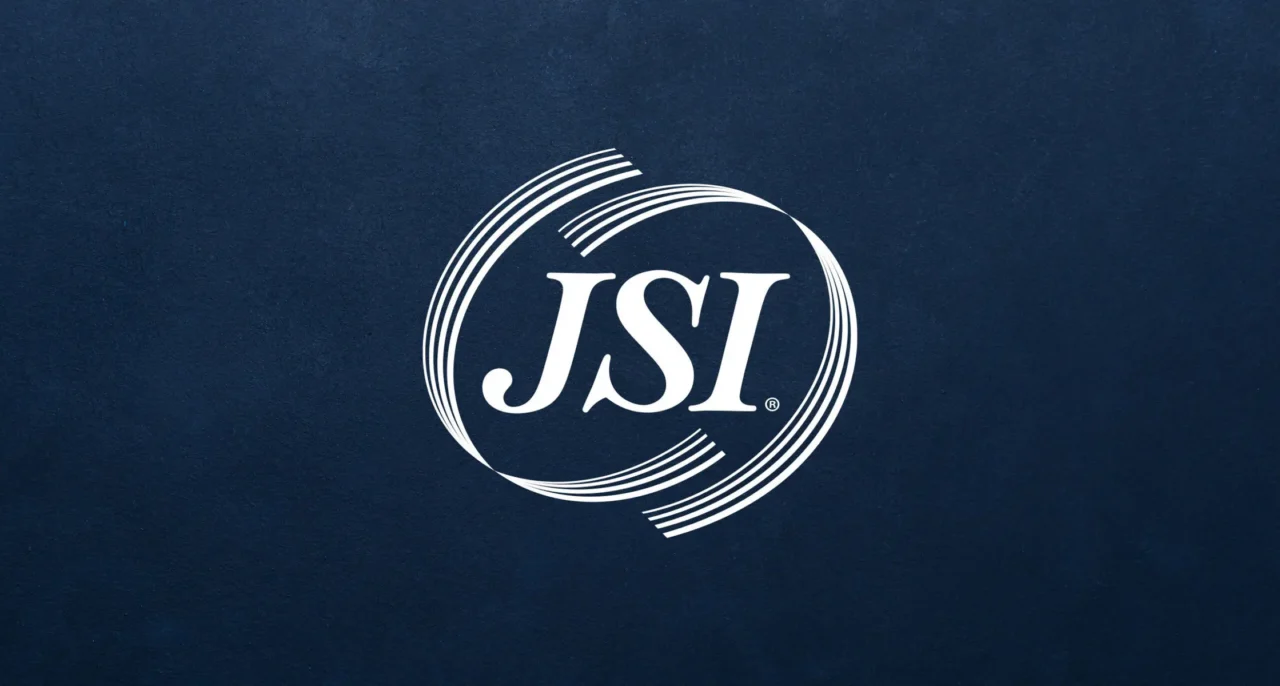
FCC Adopts Backup Power Requirements

As more and more companies retire their central office-powered copper networks, the FCC late last week released a Report and Order outlining new rules that will require carriers to offer new residential subscribers of any non-line-powered facilities-based fixed voice service, including fiber, coax and fixed-wireless residential service, the option to purchase backup power systems.
The FCC says the new rules are necessary to ensure that customers have access to 911 services in the event of a power outage. The system must power all company-provided equipment and devices required to support a 911 call for at least eight hours. Providers also will be required to offer at least one option that provides a minimum of 24 hours of backup power within three years of the effective date of the eight-hour obligation. Carriers will be allowed to charge customers for the backup power, but they are not obligated to charge for the service.
In addition, beginning with the effective date of the new rules, providers must notify residential subscribers, at the point of sale and annually thereafter until September 1, 2025, of:
- Service limitations with and without backup power;
- Availability of backup power sources;
- Purchasing and replacement options;
- Backup power duration;
- Testing and monitoring; and
- Warranty and replacement information.
The FCC notes that while posting this information on a provider’s website might be helpful, that posting alone would not satisfy the notice requirements.
It will be nearly a year before these rules will become effective for most RLECs. Carriers with fewer than 100,000 retail subscriber lines will have 300 days after the rules are published in the Federal Register to provide the backup power systems to customers. The customer disclosure obligations will become effective 300 days after the FCC notifies the public that it has received approval from the Office of Management and Budget. Larger carriers will have 120 days to comply with the new rules.
JSI clients should begin developing technical options to provide eight-hour backup plans for fiber to the home deployments, coax, and any other non-line powered plant in their network if there is not a plan already in place. It is also important to note there is now an option to charge for emergency power that may provide a new revenue stream.
JSI will continue to monitor developments concerning the backup power and notice requirements and will keep you informed. In the meantime, should you have any questions about your obligations, please contact Valerie Wimer in JSI’s Maryland office at 301-459-7590, or Dee Dee Longenecker in JSI’s Texas office at 512-338-0473.
Source: Source email
